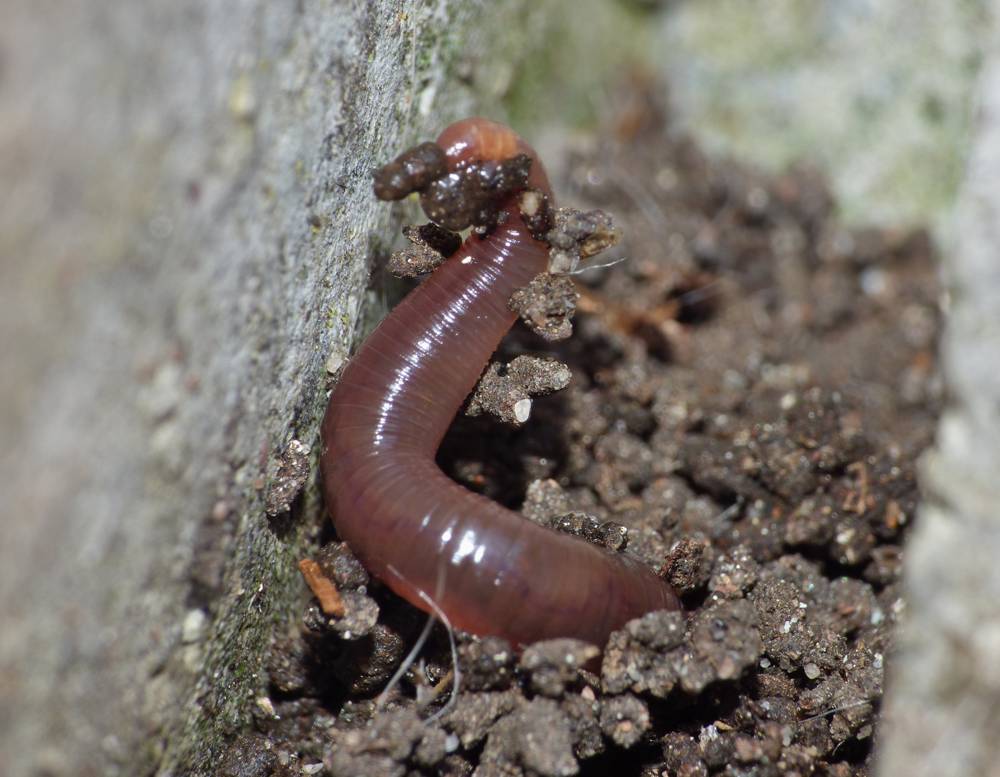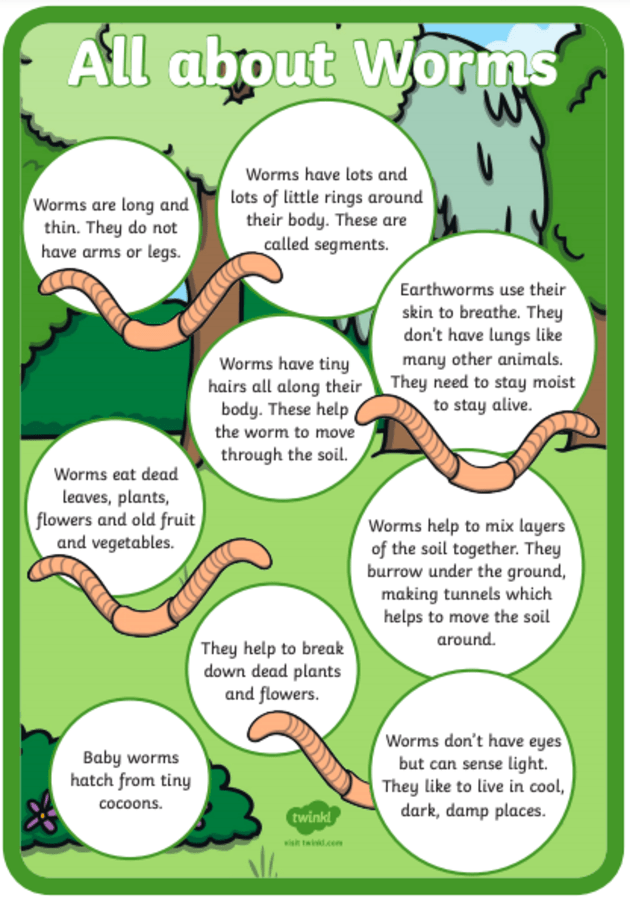How North Carolina Worms can Save You Time, Stress, and Money.
Table of ContentsTop Guidelines Of North Carolina WormsThe Ultimate Guide To North Carolina Worms4 Easy Facts About North Carolina Worms DescribedThe Facts About North Carolina Worms RevealedThe Best Strategy To Use For North Carolina Worms
(https://www.brownbook.net/business/53505915/north-carolina-worms/)Nature can take many years to compost or biodegrade organic issue. The process of thermophilic composting can speed this process up to an issue of days or weeks.The bacteria require dampness, oxygen, and a food source to prosper. When transforming no longer creates heat with appropriate moisture and oxygen, the thermophilic bacteria have primarily died-off and the mesophilic germs (70-100 F.) take over the decay process.
This is a little simplistic however mainly precise. Worm composting occurs in the mesophilic range (70-90 F.) The worm bedding is a mix of various carbon products. The worm container temperature is regulated by including just little amounts of nitrogen materials at once. Occasionally the nitrogen products are even pre-composted (thermophilic) before presenting to a worm bin.
Not known Factual Statements About North Carolina Worms

Some instances: Bed linen temperatures, dampness degrees, kind of composting worms, sorts of bedding materials, various food sources, and size of time before castings harvest all have an effect on the quality of spreadings (or lack thereof). By much, these "controlled conditions" have the biggest effect on the overall quality of the worm spreadings.
Certain plants are known to expand far better with various types of castings. Composting. This is leading-edge scientific research yet will certainly become the norm as even more plant-specific research study is done. This all outcomes from managing the conditions that the earthworms are increased in. The benefits of worm spreadings reach far beyond helping our plants grow.
North Carolina Worms Fundamentals Explained
This includes living organic issue, dead organic issue, and extremely dead raw material (humus). Let me throw away a couple of terms and see if any of these recognize to you: degraded, farmed-out, disintegration, nitrogen run-off, algae flowers in lakes, wind erosion, silt, chemicals, chemical plant foods, irrigation, water contamination, fish kills, bees dying, reduced insect populations, mineral deficiency, much less nutrient-dense foods, drought problems, loss of topsoil, compaction, and I could take place permanently.
Maybe it is time for a change? To recognize the value of Healthy dirt, let's analyze what Un-healthy soils offer the table. Well, to startthe entire list of terms over. Right here are a few even more BIG ones. Food Instability, poverty, environment adjustment, and unsustainable growth. Harmful soil is a major factor to climate change.

Not known Details About North Carolina Worms
Worm spreadings are near neutral pH. They can make acidic dirts a lot more neutral or alkaline dirts more acidic. Spreadings are granular and aid to make oygenation space in the soil.
Worm castings hold water like a sponge. Worm castings assist to develop "dirt accumulations" which minimize compaction troubles in your dirt.
Worm spreadings applications along with organic garden compost materials can boost sandy or clay soils profoundly. No discussion of the advantages of worm castings is full without addressing the NPK designation.
This is ALL they offer. Here is the problem. If I want to sell my worm castings as a plant food (which they are), my state regulatory authorities need me to have an NPK classification on my tag. The majority of worm spreadings will examine 1-0-0 on an NPK test. Chemical fertilizers are not in a plant-available type.
A Biased View of North Carolina Worms
They likewise do not provide numerous points that healthy plants need to expand. (plant hormonal agents, humic acids, etc) Nevertheless, worm castings work totally differently than chemical plant foods.
You add worm spreadings to your soil and the lifecycle of the microorganisms generate nitrogen, phosphorous, and potassium for your plants. They also produce plant hormonal agents, humic acids, and various other things. They produce this in a plant-available type, so your plant does not require that much. It is a two-way symbiotic partnership with your plants and the dirt.
This laboratory examination outcome is probably not crucial if you are a gardener. If you are a farmer of a particular plant (ie.tomatoes, marijuana, etc) and understand specific types of worm castings function well for you, it is essential details. check over here My tip is to collaborate with a worm spreadings producer and ask for the lab examination outcomes.